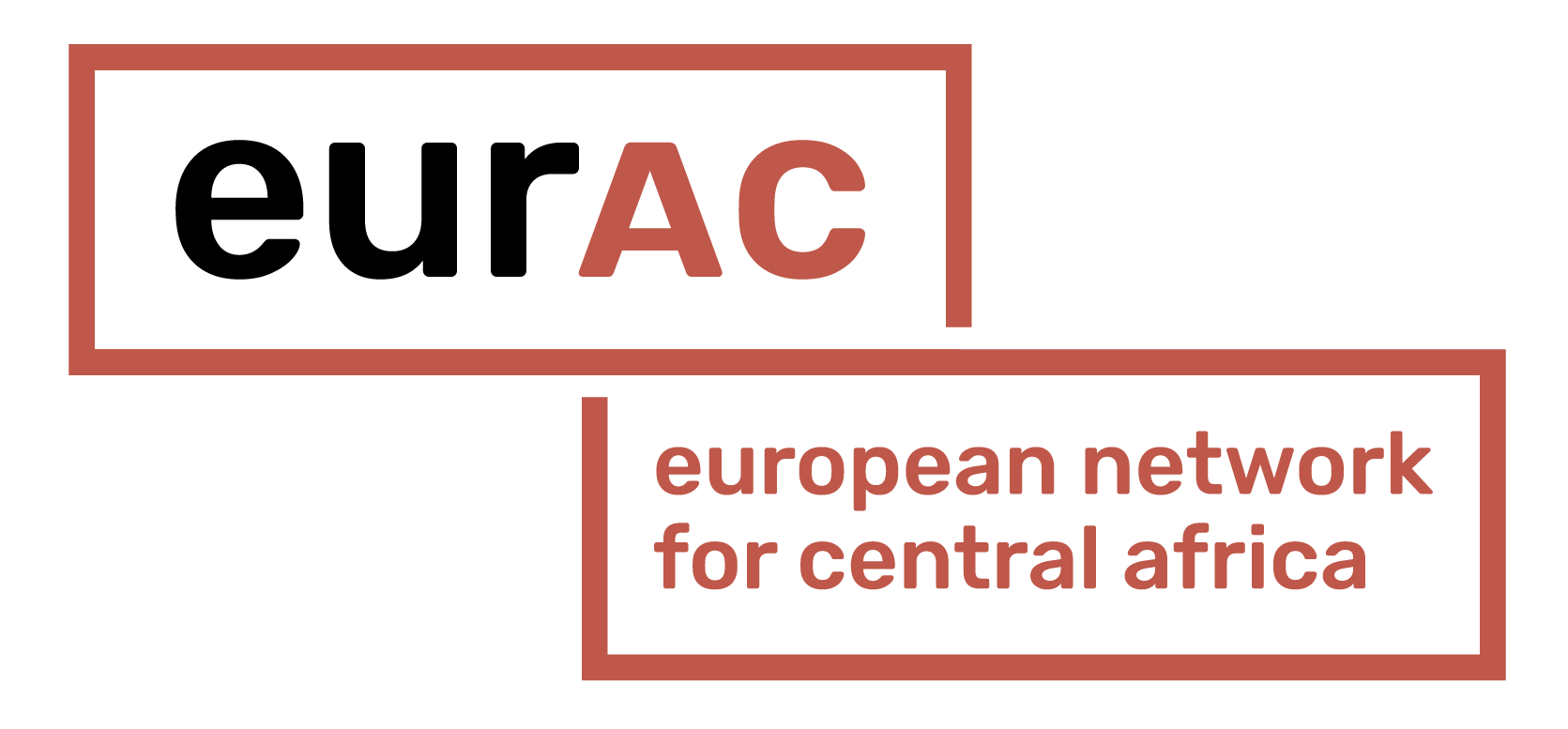DR Congo: Time for the EU to turn words into action and apply new targeted sanctions against Congolese officials
PRESS RELEASE
As the European Foreign Affairs Ministers are due to discuss the Democratic Republic of Congo (DRC) at the next Foreign Affairs Council (FAC) meeting on 15 May 2017, a second round of European Union (EU) targeted sanctions (travel ban and asset freeze) must be applied against senior political and security actors, closer to the inner circle of President Joseph Kabila, responsible for human rights abuse and the violent crackdown on dissident voices and for undermining the democratic process, to increase the pressure on DRC officials to find a solution to the political and security crisis, said the European Network for Central Africa (EurAc) in its new position paper released today.
In the last four months, the presidential majority, the government and President Kabila have consolidated their strategy of weakening and dividing the opposition and they multiplied the attempts to take full control over the political process. This strategy has concretised on 7 April with the nomination of Bruno Tshibala as new prime minister and on 27 April with the signature of the “Arrangement particulier” of the 31st of December Agreement. The wing of the Rassemblement led by Félix Tshisekedi did not take part, denouncing the new text of the “Arrangement particulier” as being different from the one negotiated under the mediation of the Conférence Episcopale Nationale du Congo (CENCO) earlier this year. Indeed, President Kabila now acquires control over both the nomination of the prime minister and the one of the president of the Conseil National de Suivi de l’Accord et du processus électoral (CNSA). This development de facto allows Joseph Kabila to cling to power as elections are not foreseen yet for December 2017.
Meanwhile, repression and abuse continue against activists, opponents, human rights defenders and the medias. The excessive violence and widespread human rights abuse and killings in the Kasaï are also very much a matter of great concern. In reaction to these very worrying developments, on 28 and 29 March the EU strongly denounced the violence and abuse occurring in the Kasai and urged the DRC authorities to conduct an independent and credible inquiry into the recent grave human rights abuse. In addition, on 8 April the EU firmly criticized Bruno Tshibala’s nomination as prime minister considered as contrary to the spirit of the New Year’s Eve Agreement. The EU also recalled last FAC Conclusions adopted on 6 March and its firm intention to “adopt new individual restrictive measures against those responsible for serious human rights violations or for incitement to violence and those who would obstruct a consensual and peaceful solution to the crisis”.
Therefore, EurAc believes that it is now time for the EU to turn words into action. EU Foreign Affairs ministers meeting at the next FAC on 15 May must take strong and concrete decision to extend targeted sanctions to new individuals, security agents or key senior political figures and influential officials closer to the inner circle of President Kabila, most responsible for human rights abuse and/or for obstructing the democratic process. The next FAC meeting is the perfect opportunity for the EU to show its coherence and its strong commitment to support democracy and the protection of human rights in the region, which constitutes the true added value of European cooperation. It is also a crucial moment to avoid a new large-scale security and humanitarian crisis in the Great Lakes region.
To read EurAc’s full position paper and our main recommendations to EU ministers, please find it HERE.
For media inquiry and/or more information please contact:
Julie Capoulade – EurAc Comms & Advocacy Officer
julie.capoulade@eurac-network.org
Office: +32 2 725 47 70
Mobile: +32 499 81 01 77

